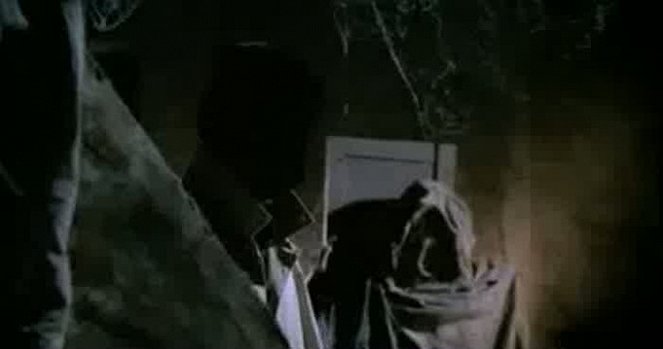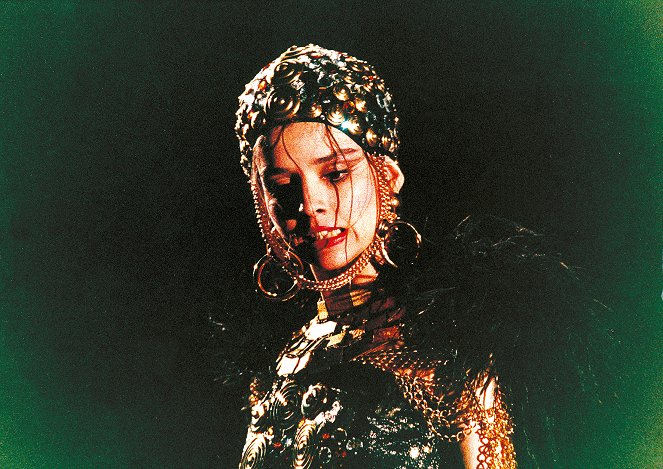Réalisation:
Dario ArgentoScénario:
Dario ArgentoPhotographie:
Ronnie TaylorActeurs·trices:
Cristina Marsillach, Ian Charleson, Urbano Barberini, Daria Nicolodi, William McNamara, Michele Soavi, Sebastiano Somma, Barbara Cupisti (plus)Résumés(1)
Suite à l’accident de la cantatrice principale, une jeune chanteuse lyrique, Betty, est choisie pour interpréter le rôle de Lady Macbeth dans l’opéra de Verdi, œuvre ayant la réputation de porter malheur. Commence une série de meurtres dans l’entourage de la jeune femme qui se voit poursuivie par un mystérieux fan possessif. (Les Films du Camélia)
(plus)Vidéo (1)
Critiques (3)
Argento, faithful to the horror genre, does not let the killer die just like that, and in this sense goes so far that you really feel like he didn't mean it seriously. This is shown in the ending, which, by the way, starts with a great scene with a fly that seems to have been cut out of Poe's work. It's not a completely balanced film, but the combination of horror and opera works here, and the whole situation is so unclear and interesting that you simply want to know why the killer kills and how it all ends up.
()
Unlike many other Italian horror films from the 70s and 80s, Opera does have something. The script and, in particular, the logical behaviour of the characters are once again very poor, and the performances aren’t very good, either, but it was all bearable. In spite of all that, the film manages to hold a decent atmosphere and I noticed a major step forward in Argento as director, with several good ideas and impressive scenes, too. The ending, though, felt like a very bad joke and for a moment I considered a one-star rating, but I left the four stars because the film as a whole wasn’t disappointing.
()
The subjective need to compare Argento with Fulci is insistent. They both like blood and yet in a completely different way. Argento prefers a more "subtle" and less gratuitous approach to killing people, but at the same time, he nurtures the killer's inventiveness (such as using pins on adhesive tape) to a greater extent. Unfortunately, the killer's "cult" is not sufficiently developed due to the incredibly dismal screenplay. Not only does it fail to convey any meaningful message, but it also piles one illogical scene upon another, which in context with the film's form, comes across as awkward. The director's main trump card is the acrobatics of the camera, which reaches demonic dimensions. However, in the case of this film, it is somewhat unnecessary (though not entirely purposeless). In hindsight, what stands out the most are the memories of the individual murders, accompanied by perfect metal music that both intensifies and lightens certain scenes in its own way. However, as a whole, Terror at the Opera lacks even the slightest bit of tension because its smallest glimmer is killed off by dreadful actors, who were seemingly brought into the film by a wandering troupe of amateurs. And yet, the film has that certain "something" about it that compels me not to rate it lower.
()



Annonces